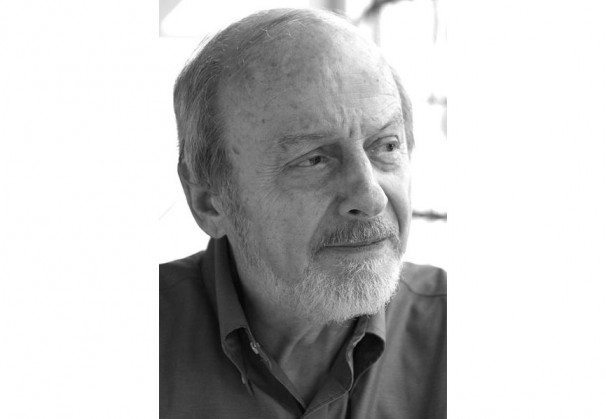
For the last 50 years, novelist and creative writing professor E.L. Doctorow has delighted the literary world with his unique works of fiction.
In honor of his contributions, the National Book Foundation announced that Doctorow will receive their Medal for Distinguished Contribution to American Letters on Sept. 5. He will be honored alongside fellow author, Maya Angelou, at the 64th National Book Awards Ceremony and Benefit Dinner on Nov. 20. The National Book Foundation has awarded this medal every fall since 1988 to recognize “a person who has enriched our literary heritage over a life of service or a corpus of work.”
“Doctorow is a master of historical fiction who has brought the events of the past to people all over the world in an extraordinary fashion,” the National Book Foundation’s executive director Harold Augenbraum said in a press release. “It is also a special opportunity to give tribute to a native New Yorker in his hometown.”
In the past, Doctorow has received accolades awards from the National Book Awards, the American Academy of Arts and Letters and the National Book Critics Circle winner for novels such as “Ragtime,” “Book of Daniel,” “Billy Bathgate” and “The March.” He was also a Pulitzer Prize finalist in 1989 and 2005.
“It’s gratifying to be recognized by a fairly serious cultural project, the National Book Awards, which is meant to bring attention to works of literature,” Doctorow said.
Two of his books, “Ragtime” and “Billy Bathgate,” were adapted into films, and “Ragtime” was adapted into a Broadway musical in 1998.
The ideas for Doctorow’s works arise from images, phrases, sounds and sometimes even music. Pursuing these distinct, evocative sources of inspiration, Doctorow uses fiction writing to answer the questions that they pose.
“When writing ‘Billy Bathgate’ the image that got me going was a boat sitting by the dock at night, on the New York harbor,” he said. “The men on the workboat were formally dressed, and I thought, ‘What are they doing there?’ And in order to find out, I wrote a book about it.”
Doctorow aims to achieve a balance between historical accuracy and imagination. When asked about how much research he does, he smiled and replied “just enough.”
“I’m not trying to suggest this is easy,” he said when explaining his methodology for writing books. “Writing is hard.”
Doctorow said reading is a vital part of becoming a novelist. As a professor at NYU, he tries to instill this idea in his students.
“By listening to their work and reading, you give them courage, that this is not the craziest idea,” Doctorow said. “You show them that they’re not out of their minds. I always tell my students, if you want to write movies, go to the movies. If you want to write television, watch television. If you want to write novels, and stories, you have to read.”
Brian Morton, a novelist and director of the writing program at Sarah Lawrence University, had Doctorow as a professor when he was an undergraduate student.
“He made scruffy undergraduates like me feel as if our writing was as important as his,” Morton said.
A version of this article appeared in the Thursday, Sept. 19 print edition. Bhargavi Ganesh is a staff writer. Email her at [email protected].





















































































































































